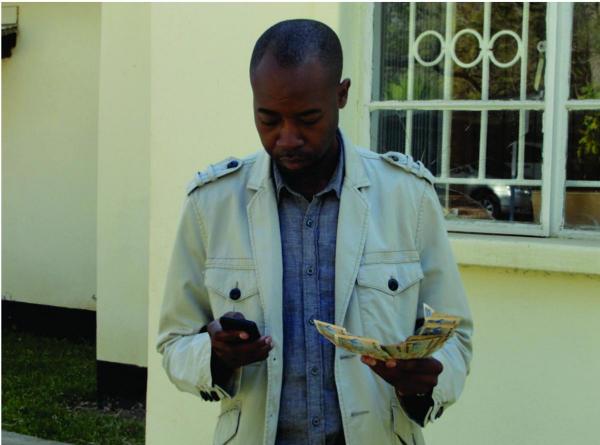
By Nomagugu Ncube
The International Organization for Migration, in partnership with World Fish and the World Food Programme, commissioned a study to investigate the extent to which lack of access to banking services amongst migrant workers in Southern Province adversely impacted on their health and HIV vulnerabilities. Fisher folk (fish traders and fishermen/ women), sugarcane cutters and smallholder farmers from this province were selected as target populations for this assessment, because of their exceptional vulnerability to HIV.
Fishing and cane farming are seasonal activities that are labour intensive. During the peak months of the year, labour is drawn from other regions of Zambia to carry out some of the labour intensive tasks. Due to the seasonality of the work, families are often left behind and these workers then send remittances home for the upkeep of their families. Small holder farmers are largely non mobile and as a result used as a comparison population.
The study found that the use of formal financial services was extremely low among the three target groups, mainly due to poverty-related issues, (perceived) costs of banks, a lack of knowledge/ understanding of banks, as well as limited access to banks. The study further found that cane cutters were more likely to report sending remittances home (92%) as compared to fisher folk (49%). The majority of farmers and fisher folk reportedly remitted cash through friends/family or took it themselves they returned home. Farmers and cane cutters also used Swift Cash, while some cane cutters used Western Union for remittances as well. Although a number of respondents had heard of mobile banking, its use was found to be almost non- existent. The finding highlight a clear need for stakeholders to explore means of reaching these populations with relevant, affordable and flexible financial management options.
The main factors leading to HIV (Lungu and Husken, 2010; IOM, 2010a) include seasonal mobility/migrant labour, cash in the pocket of migrant workers. This is believed to be partially the result of the lack of access to financial services and savings facilities, lack of recreational facilities, boredom and the availability of sex workers. Families of migrant workers are in turn often exposed to HIV, as they have to resort to transactional sex to support themselves and their families due to irregular incomes and irregular remittances from the migrant breadwinners.
Mobile banking can make the necessary financial and savings services physically accessible to mobile and migrant populations, and in doing so, risks and (HIV) vulnerabilities related to poor financial planning and management can be reduced. Through access to financial services, people are able to invest their money more wisely, start saving and ensure that remittances reach their families; this could enable them to secure the livelihoods of family members and reduce their financial vulnerability. If the migrant workers (fisher folk and cane cutters) have less cash in hand to spend on alcohol and sex workers, it may also reduce these workers exposure to HIV and other sexually transmitted diseases. The introduction of financial services such as mobile money may therefore reduce the financial vulnerability and exposure to HIV among migrant workers, their families and communities.
Following the study, IOM and its partners in the research organized a one day feedback session during which the results of the study were shared with a broad spectrum of participants, including the banking sector, mobile phone and banking providers, the business community and civil society organizations. The mobile and banking sector were challenged to come up with low cost financial services to reduce the cost of services to these hard to reach populations. Interest on the possibility of expansion of services to cover this sector was quite high. Several financial and mobile banking institutions have since started engaging the concerned communities, especially the cane cutters to develop suitable financial services to suit their needs.